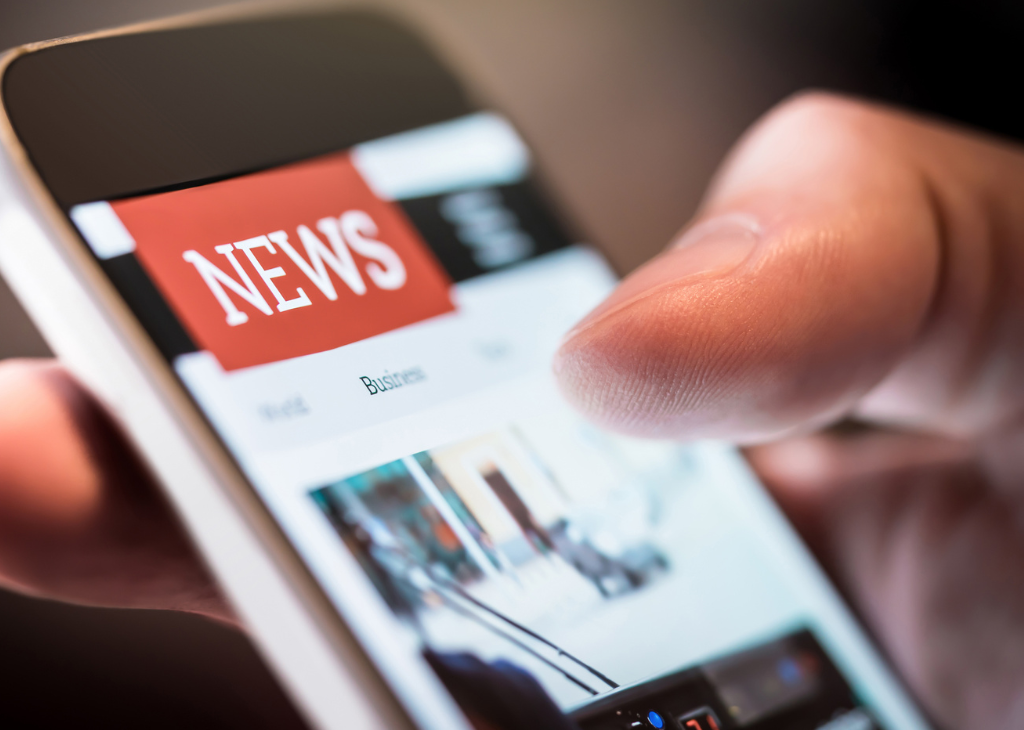
This summary is provided by the IPR Digital Media Research Center
Summary
Increasingly, organizations are engaging social media influencers through paid endorsement. This study examined how awareness of paid endorsement and ability to recognize social media ads affects followers’ relationships with social media influencers. The study also examined how these factors impact respondents’ behavioral intentions, specifically electronic word of mouth (eWOM) intention and purchase intention of the products/services influencers endorse.
Method
A survey of 269 college students at an all-women university in the United Arab Emirates was conducted to examine their perceptions of social media influencers. The survey asked respondents about their social media usage, awareness of paid endorsement, ability to recognize an influencer’s post as an ad, eWOM intention, purchase intention, and influencer-follower relationship in terms of trust, control mutuality (relationships in which both parties have some control over each other), commitment, and satisfaction.
Key Findings
- Respondents said Instagram was the social media platform where they followed social media influencers the most, followed by Snapchat and YouTube.
- There was a positive relationship between respondents’ awareness of paid endorsement and their ability to recognize social media ads, regardless of whether influencers explicitly stated that their posts were ads.
- Knowing they were being exposed to paid content bolstered followers’ relationships with influencers, specifically in terms of trust and satisfaction.
- When followers recognized posts as ads, they said they were more likely to purchase the products/services the influencer was endorsing or share the influencer’s message.
- When there was a strong influencer-follower relationship, followers said they were more likely to share the influencer’s message on social media and purchase the product/service the influencer was promoting.
- Commitment to the relationship especially predicted eWOM intention and control mutuality especially predicted purchase intention.
Implications for Practice
Disclosure of paid endorsements could be a win-win for followers, influencers, and sponsoring organizations as it fosters ethical, transparent communication. Disclosure could lead to stronger relationships among these groups, which could in turn lead to desired behavioral outcomes (eWOM or purchase intention). In addition to being transparent about endorsements, influencers should listen, communicate, and engage with their followers to ensure that followers feel they have a sense of control over the relationship with influencers, which will foster commitment. Public relations practitioners should seek to work with influencers who have loyal audiences and engage in two-way communication with their followers to reach target audiences and influence behavior.
Reference
Dhanesh, G. S., & Duthler, G. (2019). Relationship Management Through Social Media Influencers: Effects of Followers’ Awareness of Paid Endorsement. Public Relations Review, 45(3), 1-13.
Location of Article
The full article is available at: https://doi.org/10.1016/j.pubrev.2019.03.002



